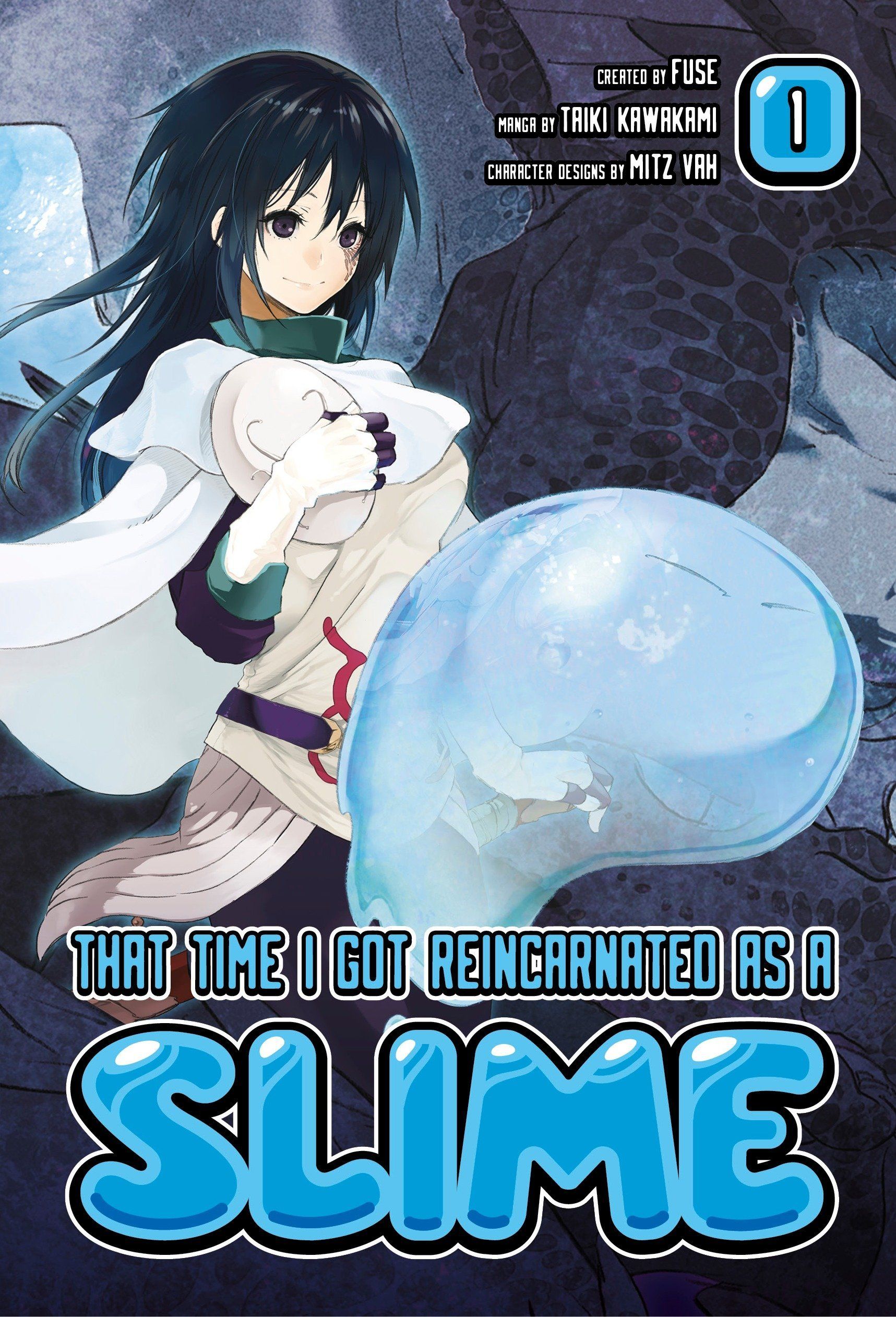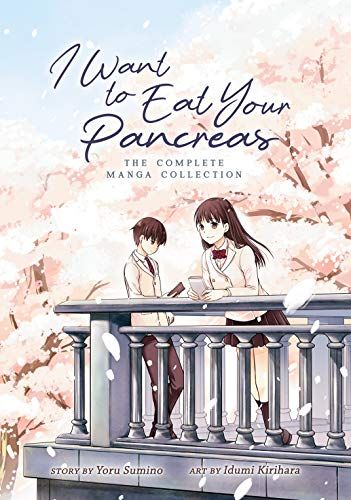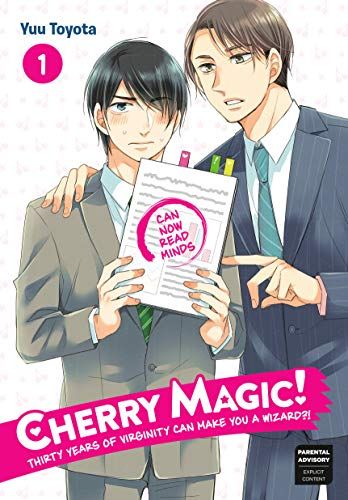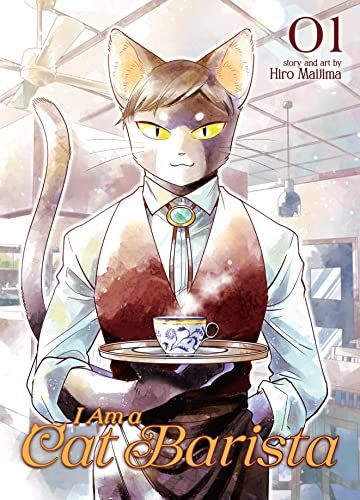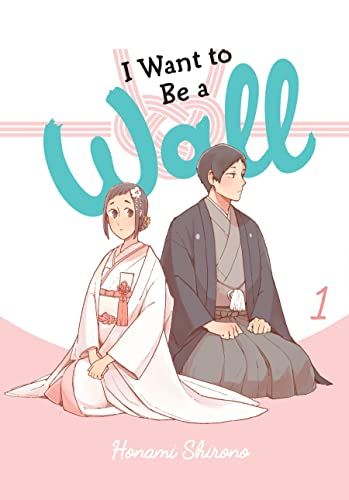So where do these wackadoo titles come from? First off, let’s talk about titles in general. In Japanese popular culture, it’s fairly common practice for titles and names to be quite long, basically a full sentence in some cases. Not just limited to manga, you’ll see this for anything from movies and TV shows to song titles and even band names. You might be thinking, how does one remember any of this, then? Well, the nature of the Japanese language makes it extremely easy to abbreviate anything, usually down to two to four syllables. Not just for all the examples I’ve already listed, but for literally everything, like companies and universities, government policies, celebrity names, whatever else you can think of. It’s so ingrained into the language that in Japanese, we’re often speaking in mostly abbreviations without even noticing. So back to the topic at hand: I’ve found that many bizarre manga titles are a result of this trend in Japanese culture. Although those long Japanese titles would be abbreviated into something concise and catchy in the native language, translating over to English inevitably creates this phenomenon — one that has always given me much amusement. Combine this with cultural references or colloquialisms that don’t quite transfer when translated, and now we find ourselves scrolling through all kinds of funky titles on manga sites. So just for funsies, I decided to grab a random sampling of some of these funkily-titled manga and read them with minimal additional knowledge about them. Here’s how it went! So what did I learn from my little experiment? To be honest, I was mostly just reminded of how fun it is to pick something up and read it without thinking too much or knowing a whole lot about it going in. And in regards to the manga themselves, when I started out on this reading adventure, I initially thought of it as more of a silly game and was judging the titles on how strange and clunky they were. But what I had been overlooking is how all of these titles, like the titles of any books or other media, are chosen because they do have meaning. Though many of these titles could definitely be snappier, it turns out that in the end they all did make a whole lot of sense, and I think I’d like to continue experimenting with random titles just as a fun reading exercise in my everyday reading life (and I encourage you to try it out as well!). You could not get a title more self explanatory than this. I got exactly what I was told I would get, and there’s certainly something to be said about that. As I mentioned before, I’m not too into isekai generally, so the title alone wasn’t necessarily compelling enough to get me to read the manga without the fact that I was doing this particular project, but I imagine it could be if one had more interest in the genre. Once I picked it up, it was a quick read and I definitely caught myself giggling at some of the humor and witty quips, but in terms of personal preference, I don’t think I’d pick up Volume 2. Originally, I Want to Eat Your Pancreas was published as a serialized web novel, and the story spawned various popular adaptations, including the manga. It follows a quiet, loner high school boy who accidentally finds out his classmate, Yamauchi Sakura, has a terminal pancreatic disease and is keeping it a secret from everyone in school. The phrase “I want to eat your pancreas” comes up within the first few pages, with Sakura playfully saying it to our protagonist, explaining that ancient peoples with diseased organs would eat the corresponding organs of animals, believing it would heal them. After a few interactions, the boy is inexplicably drawn to Sakura’s vibrant, bubbly personality that is so different from his own, and Sakura finds it freeing to spend time with someone who knows her secret. And thus an unlikely friendship develops. Turns out, I’m a sucker for unlikely friendships (and emotions!), so I devoured the entire manga and frankly regret not investigating it sooner. Adachi is an awkward, unassuming salaryman who hasn’t had any experience in the romance department. In this world, if you’ve never had sex by the time you turn 30, you gain the magical ability to read the mind of anyone you come into physical contact with. Through this newfound gift/curse, Adachi finds out that his super popular and handsome coworker Kurosawa has a huge crush on him! Despite my initial feelings about the title, I found the manga itself to be a fairly cute BL story, and would definitely be open to picking up the second volume to see how things progress. Yet again, this is a title that, though somewhat odd and clunky, does tell you basically everything you need to know from the getgo. An additional fun dimension to it, though, is that it is a play on the Natsume Sōseki novel I Am a Cat. It’s particularly obvious in the original Japanese, where the title uses the same formalized variation of “I” and everything. Let me start out by saying I was completely charmed by both main characters and absolutely adored the relationship between them portrayed in this manga. I definitely found the title to be bizarre at first, and though it wasn’t explained in the manga itself, further investigation led me to find that in Japanese, “I want to be a wall” is a common phrase used by fujoshi (people like our female protagonist) to express their relationship to BL. BL is a form of media that allows them to look at a love story from the point of view of an inanimate object (like a wall), as opposed to projecting themselves onto a character. And that’s enough for them. In fact, that’s all they want — to be a witness to a story, but not part of it. For more manga-related content, please make sure to check out our manga archives!
